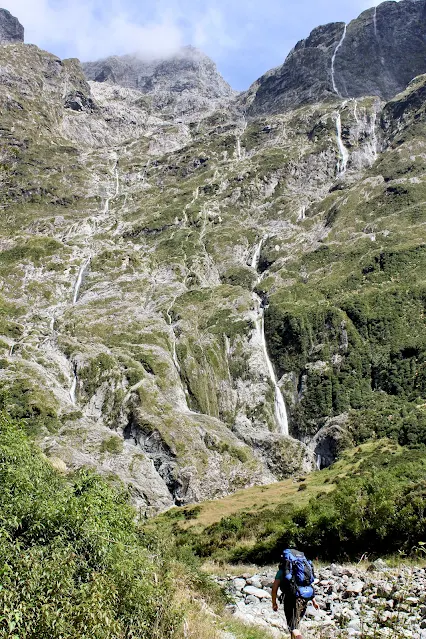Eco-Tourism: Exploring the Natural World in a Responsible Way
Eco-tourism is a type of sustainable tourism that involves exploring natural areas while minimizing the impact on the environment and supporting local communities. It is a responsible way of traveling that aims to preserve natural habitats, protect wildlife, and promote sustainable development.
In this article, we'll explore the concept of eco-tourism, its benefits, and its challenges. We'll discuss the importance of responsible travel practices, such as staying in eco-friendly accommodations, respecting wildlife, and minimizing waste.
We'll also provide tips for eco-tourists on how to plan their trips in a sustainable way, such as choosing destinations that prioritize conservation and sustainability, supporting local conservation efforts, and engaging in low-impact activities.
We'll highlight the economic and social benefits of eco-tourism, including its potential to support local economies, create jobs, and promote cultural exchange.
By embracing eco-tourism, travelers can explore the natural world in a responsible way, while supporting conservation efforts and contributing to sustainable development.
What are examples of ecotourism and destinations?
There are many examples of eco-tourism activities and destinations around the world.
Here are a few examples:
Wildlife safaris in national parks or wildlife reserves, such as the Serengeti National Park in Tanzania, the Galapagos Islands in Ecuador, or the Pantanal in Brazil.
Snorkeling or diving in marine protected areas, such as the Great Barrier Reef in Australia, the Coral Triangle in Southeast Asia, or the Mesoamerican Reef in Central America.
Hiking or trekking in natural areas, such as the Appalachian Trail in the United States, the Inca Trail in Peru, or the Milford Track in New Zealand.
 |
| Milford Track, Fiordland National Park, New Zealand |
Visiting cultural and historical sites that prioritize sustainability and conservation, such as Machu Picchu in Peru, the temples of Angkor Wat in Cambodia, or the historic city of Kyoto in Japan.
Participating in conservation projects, such as sea turtle conservation in Costa Rica, elephant conservation in Thailand, or gorilla conservation in Rwanda.
Staying in eco-lodges or eco-friendly accommodations, such as the Soneva Fushi Resort in the Maldives, the Lapa Rios Lodge in Costa Rica, or the Wolwedans Dunes Lodge in Namibia.
These are just a few examples of the many ways in which travelers can experience eco-tourism and support conservation and sustainability efforts around the world.



Comments
Post a Comment
It's easy to leave a comment on our blog – anyone with a Google account can do it. We invite you to share your experiences by leaving a comment as well.